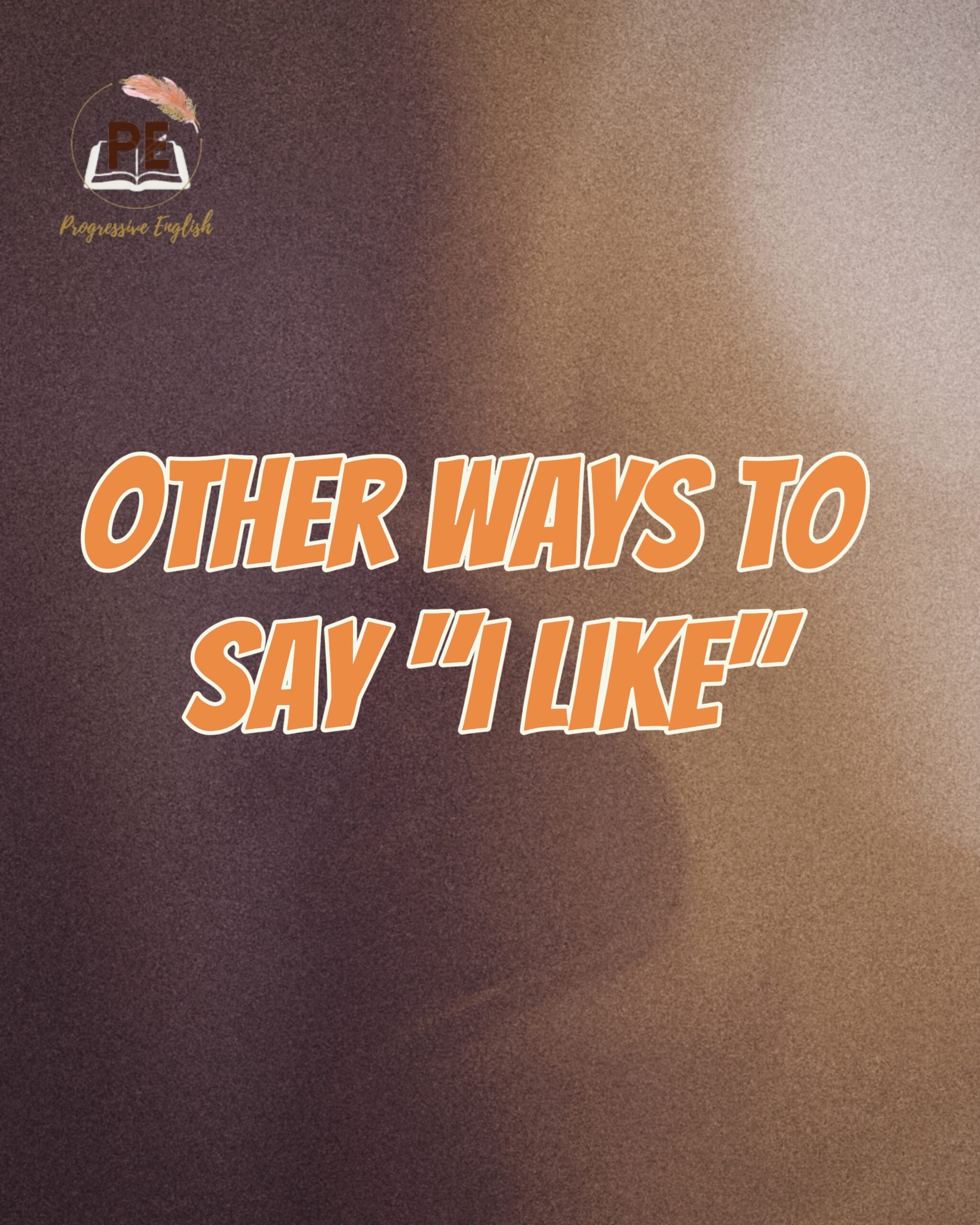What comes to mind when you hear the word “tired”? Do you envision moral, mental, or physical fatigue? After a long day at work or while watching a long show in the audience, you can use the adjective “tired.” It is a word with a wide variety of meanings, to briefly describe it. We can also express our level of fatigue in many different figurative ways.
If you want to speak basic English, you don’t need to know many expressions, but it’s beneficial to know multiple ways to state things if you want to speak advanced or fluent English.
Understanding various expressions not only improves our ability to communicate with others but also makes our language more interesting. Advanced or native English speakers may employ a wide range of idioms and expressions. It will be challenging to converse with that person if we are unfamiliar with many expressions.
Let’s look at a few different English expressions for tiredness and fatigue. Here are a few other ways to say “I’m tired” in English.
- I’m dead tired
- I’m worn out
- I am drained
- I’m beat
- I’m weary
- I’m exhausted
- I’m burnt out
- I’m fatigued
- I’m bushed
- I’m done
- I’m sleepy
- I’m spent
- I’m flat out tired
- I’m running on fumes
- I’m dog tired
- I’m tired to the bone
- I’m knackered
- I’m pooped
- I’m dead on my feet
- I’m dragging
- I’m running on empty
- I’m tired out
- I’m gonna hit the sack
- I’m wiped
- I’m drowsy
- I’m whacked
- I’m running on empty
- I’m stuffed.
- I’m bunched
- I’m shattered
- I’m wrecked
- I’m zonked
- I’m shagged
- I’m on my last leg
- I’m all in
- I’m at the end of my rope
- I’m off to bed
- I’m dead to the world
- I can hardly keep my eyes open
- I’m fried
- I’m dead beat
- I’m washed out
Related Topics
Other Ways To Say Me Too In English
Other ways to say I am sorry and it’s fine
Other ways to say what do you think?


1 thought on “Other ways to say I am tired in English/ Advanced English language learning”